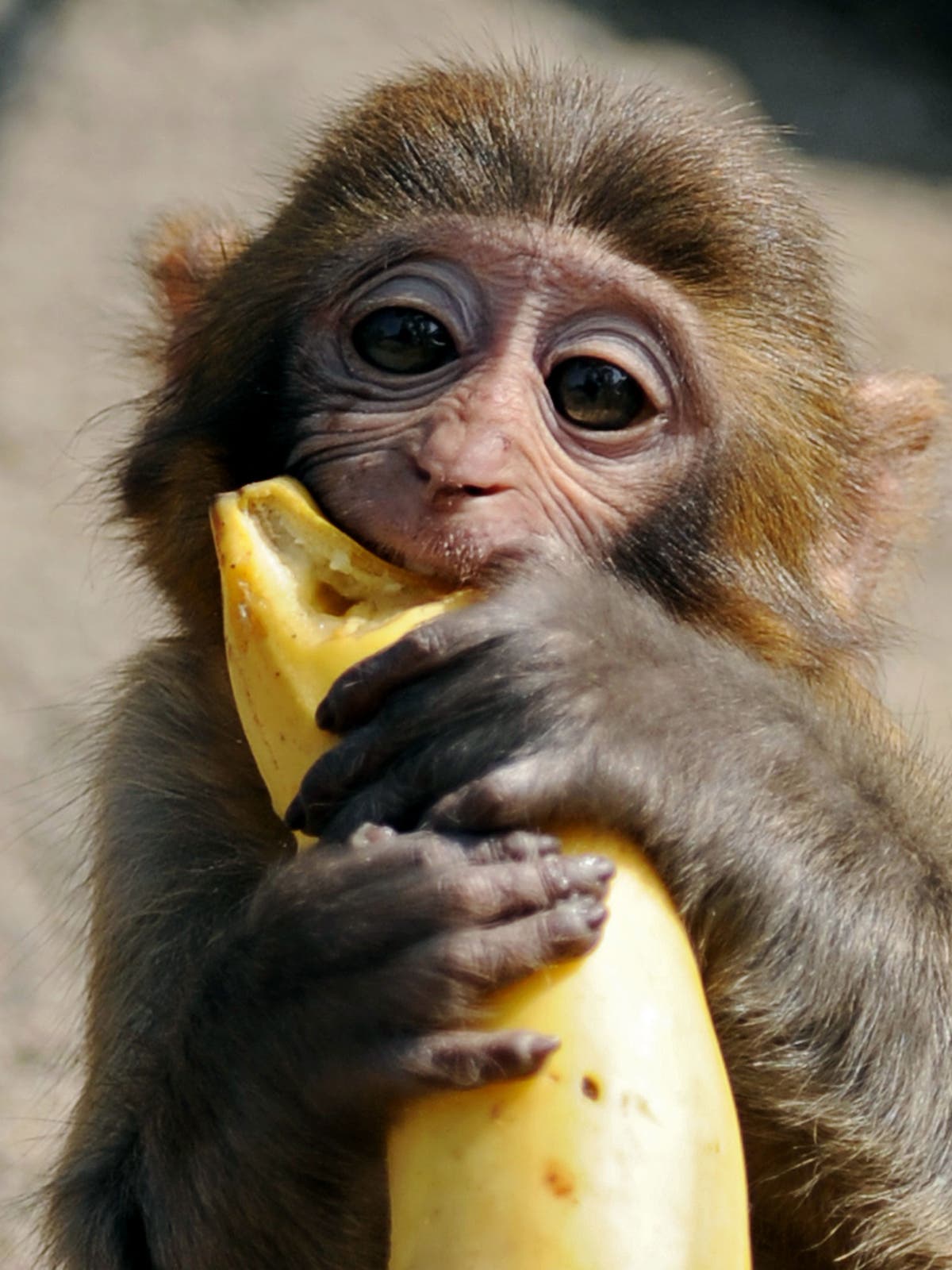Princeton study suggests that monkeys, like humans, may have 'self
Por um escritor misterioso
Descrição
A team of scientists determined that changing an infant monkey's verbal development also changed a physical marker of domesticity: a patch of light fur on its forehead. This link between tameness and language development supports the theory that humans have "self domesticated."

PETA reports Princeton U. to police and feds over lab monkey's death

The “Monkey Selfie” Case: Can Non-Humans Hold Copyrights?

Why can't monkeys talk like us? Their vocal tract might not be the problem.

Chatty Marmosets Have Something To Say About Vocal Learning : Shots - Health News : NPR
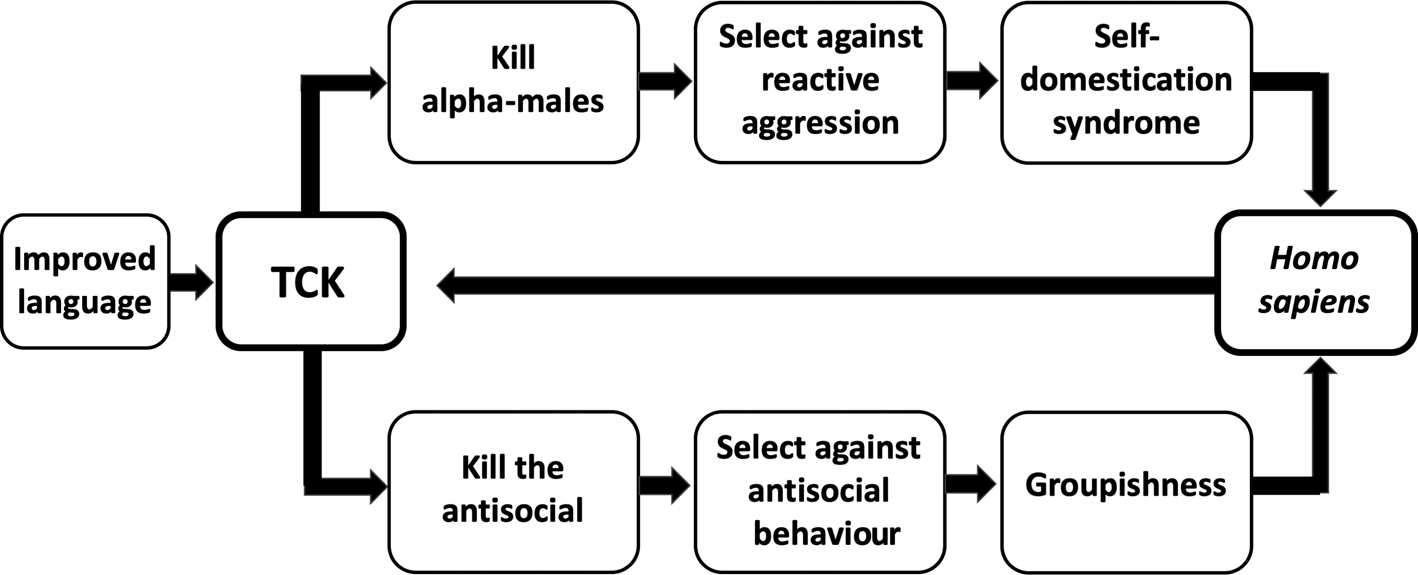
Targeted conspiratorial killing, human self-domestication and the evolution of groupishness, Evolutionary Human Sciences
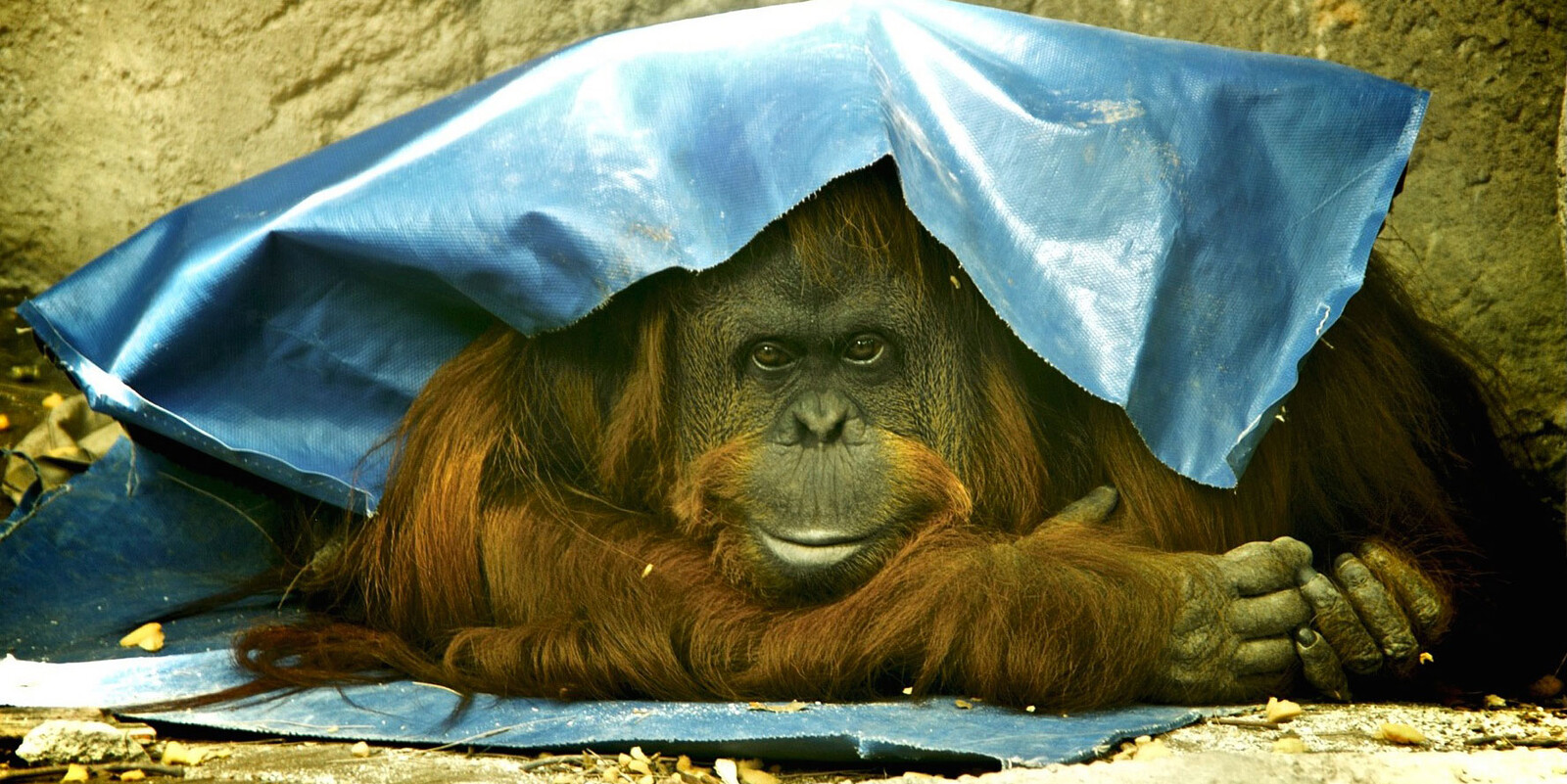
Superhumanity - Eyal Weizman - Are They Human?

Monkey See, Monkey Do? Rethinking Our Aggressive Legacy from Our Primate Cousins

Birdbrain” you say? Why thank you!

Japanese macaque - Wikipedia
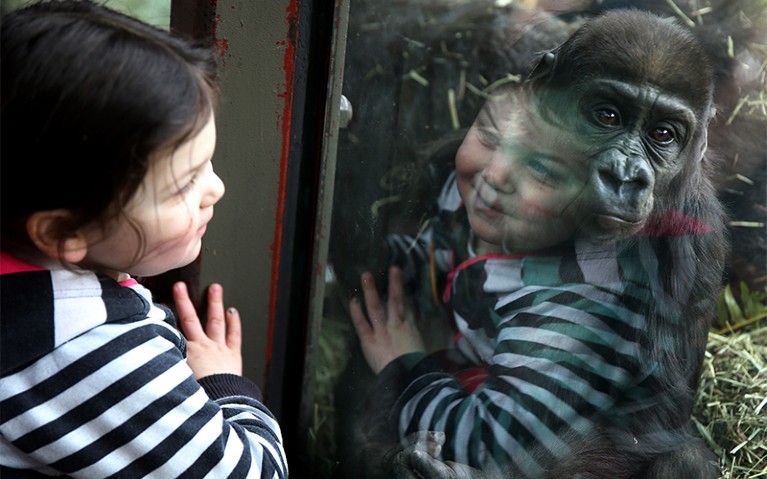
Consciousness: what it is, where it comes from — and whether machines can have it
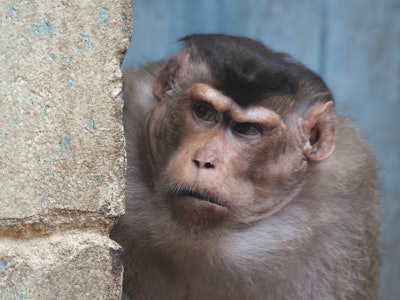
Monkey Study Shows How Conflict Leads to Better Decision Making
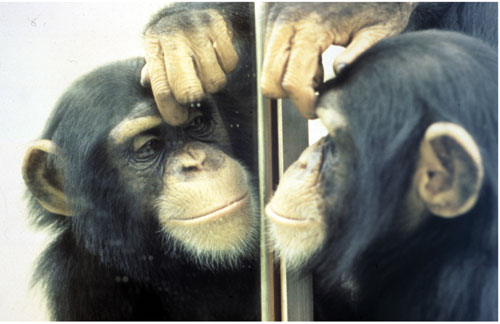
The Uniqueness of Human Recursive Thinking
Marmoset monkeys know polite conversation

Cloned monkeys force us to confront the hardest question of all: How can we be special if we're just a bundle of cells?
de
por adulto (o preço varia de acordo com o tamanho do grupo)



